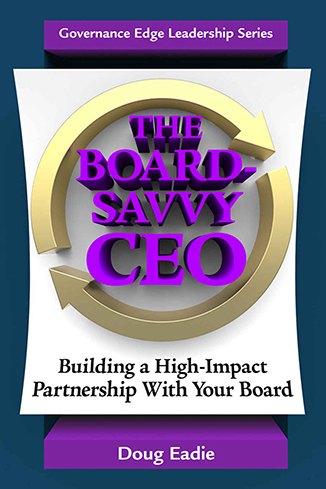 Preparing for the video interview I recently recorded with Dr. Eloisa Klementich, President & CEO of Invest Atlanta – focusing on Invest Atlanta’s strong commitment to one of its preeminent core values, equity – I recalled an experience dating back a couple of years. I sat in on a really fascinating and instructive meeting of the recently-established planning and development committee of a regional EDO board of directors. There was only one item on the agenda of this special work session: updating this EDO’s strategic plan. The first 30 minutes or so, we homed in on what everyone in the room agreed was the first step in every strategic planning initiative: the values statement. With the values statement in the current strategic plan at hand, we revisited the fundamental what/why question: What is an organizational value and why should we take values seriously? We decided that, in a nutshell, an organization’s core values are cherished principles and beliefs that, if they are taken seriously, provide an organization with ethical boundaries and also affirmatively guide organizational goal setting and strategy formulation. They both constrain organizational planning and operations and stimulate organizational innovation. The values making up this EDO’s current statement, for example – each value completing the sentence “We believe in……” – included “prudent use of financial resources,” “transparency,” “equity,” “honesty,” “collaboration,” among several others.
Preparing for the video interview I recently recorded with Dr. Eloisa Klementich, President & CEO of Invest Atlanta – focusing on Invest Atlanta’s strong commitment to one of its preeminent core values, equity – I recalled an experience dating back a couple of years. I sat in on a really fascinating and instructive meeting of the recently-established planning and development committee of a regional EDO board of directors. There was only one item on the agenda of this special work session: updating this EDO’s strategic plan. The first 30 minutes or so, we homed in on what everyone in the room agreed was the first step in every strategic planning initiative: the values statement. With the values statement in the current strategic plan at hand, we revisited the fundamental what/why question: What is an organizational value and why should we take values seriously? We decided that, in a nutshell, an organization’s core values are cherished principles and beliefs that, if they are taken seriously, provide an organization with ethical boundaries and also affirmatively guide organizational goal setting and strategy formulation. They both constrain organizational planning and operations and stimulate organizational innovation. The values making up this EDO’s current statement, for example – each value completing the sentence “We believe in……” – included “prudent use of financial resources,” “transparency,” “equity,” “honesty,” “collaboration,” among several others.
During what became a pretty robust discussion, we noted values that needed re-stating and missing values that needed to be added. When our discussion turned from aspiration to application, we hit a brick wall. The fact is, we couldn’t see any evidence that values were in any practical way guiding the development of plans and strategies. Having been articulated, they were apparently put aside and largely ignored. For example, although this EDO professed to believe in “transparency,” nowhere in the current strategic plan was there a concrete initiative to promote this value. Our readers won’t be aghast, I’m sure. Experience has no doubt taught them, as it has me, that it’s one thing to espouse values, it’s very much another to operationalize them. Transforming them into what I call Values-in-Action tends to be anything but a piece of cake. The sad fact is, values are typically treated as philosophical statements (or worse, marketing slogans), rather than being employed as significant drivers of organizational development and innovation.
Invest Atlanta is a notable exception to the rule, as you’ll learn from the video interview I recorded with Dr. Klementich. Eloisa describes Invest Atlanta’s highly innovative and somewhat risky E-3 Program, which employs financial incentives to secure companies’ commitment to one of its preeminent core values, equity, transforming it into a Value-in-Action. Accepting incentives to locate or expand in Atlanta, firms agree – in writing – to concrete steps aimed at fostering equity. Translating a core value into practice can entail a significant risk, in the case of E-3 that a firm might decide against locating in Atlanta. Therefore, Eloisa has very wisely made sure the Invest Atlanta Board is a strong owner of E-3 and, hence, prepared to back her when an active prospect is lost. The good news is that this has happened very rarely up to now. Eloisa and I agreed to record a follow-up interview in six months, focusing on E-3 performance. Stay tuned!





